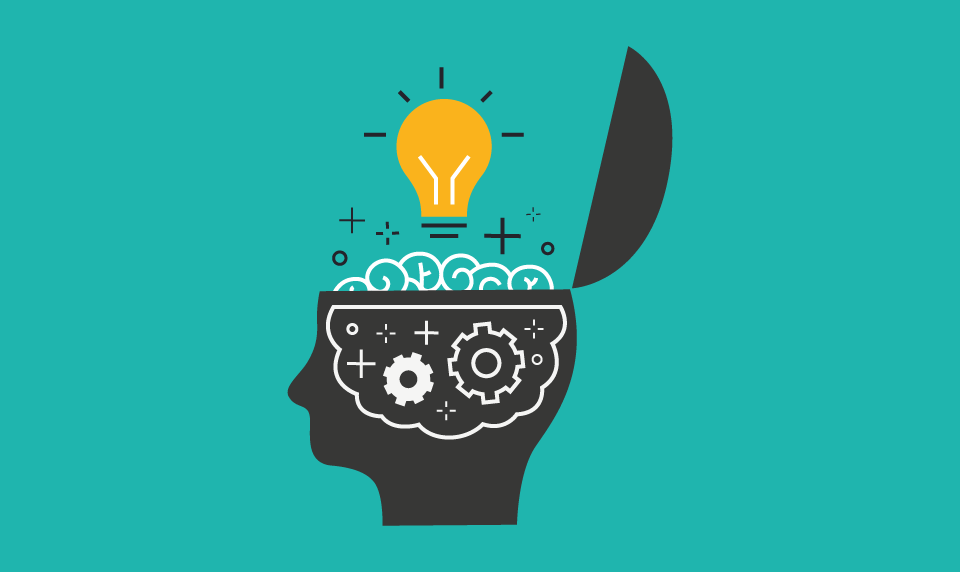Incorporating critical thinking and problem-solving

In an era where information is at our fingertips, the ability to sift through the noise and make informed decisions is more crucial than ever. Incorporating critical thinking and problem-solving into our daily lives equips us with the tools to tackle complex problems and make decisions that reflect our best judgment.
This blog post delves into the essential skills of critical thinking and problem-solving, offering practical tips and strategies to enhance these abilities in personal and professional contexts.
Incorporating Basic Principles into Daily Life
Critical thinking and problem-solving are not innate talents but skills that can be developed through practice and persistence. At the core, these skills involve questioning assumptions, analyzing information, and synthesizing evidence to draw conclusions.
To begin with, actively questioning the status quo and not taking information at face value can significantly enhance your analytical skills. Whether it's a news article, a research report, or a social media post, applying a critical lens can help distinguish fact from opinion and bias from objectivity.
Moreover, developing a habit of reflecting on your decision-making process and learning from past mistakes fosters a growth mindset that is essential for continuous improvement.
Strategies for Enhanced Problem-Solving
Problem-solving is an iterative process that involves understanding a problem, generating solutions, and evaluating outcomes. One effective approach is the Socratic Method, which encourages deep questioning to reveal the underlying issues at hand.
Another strategy is the use of mind maps or flowcharts to visually organize information and ideas. This can clarify complex problems and illuminate potential solutions that might not be immediately apparent.
Furthermore, collaboration often brings diverse perspectives and expertise to the table, making it a powerful tool for tackling multifaceted problems.
Applying Critical Thinking in the Workplace
Incorporating these skills into the workplace can lead to better decision-making, innovation, and a competitive edge. Critical thinking in the professional setting involves analyzing data, interpreting trends, and making informed predictions about future developments.
Encouraging an environment where questioning and healthy skepticism are valued can lead to more robust strategies and solutions. This includes fostering open dialogue, where diverse opinions are sought and respected.
Additionally, setting aside time for reflection and analysis after completing projects or reaching milestones can provide valuable insights and drive continuous improvement.
Enhancing Problem-Solving through Technology
Technology can be a valuable ally in enhancing problem-solving abilities. From project management tools that help organize and prioritize tasks to data analysis software that can uncover patterns and predict trends, leveraging technology can streamline the problem-solving process.
Digital collaboration platforms also facilitate teamwork and idea sharing, making it easier to generate innovative solutions.
However, it's crucial to use technology judiciously, ensuring that it supports, rather than replaces, critical thinking and problem-solving processes.
Education and Lifelong Learning
Education plays a pivotal role in cultivating these skills from an early age. Encouraging curiosity, fostering inquiry-based learning, and providing opportunities for hands-on problem-solving can lay a strong foundation.
For adults, continuing education courses, professional development workshops, and self-directed learning initiatives can keep these skills sharp and up-to-date.
Conclusion
Incorporating critical thinking and problem-solving into all facets of life empowers individuals to navigate complexities with confidence and creativity. By cultivating these skills through dedicated practice, seeking out educational opportunities, and leveraging the right tools and technologies, we can enhance our ability to make informed decisions and tackle challenges head-on.

Related